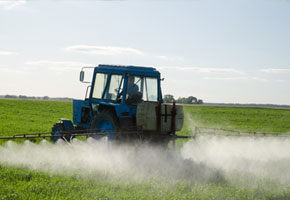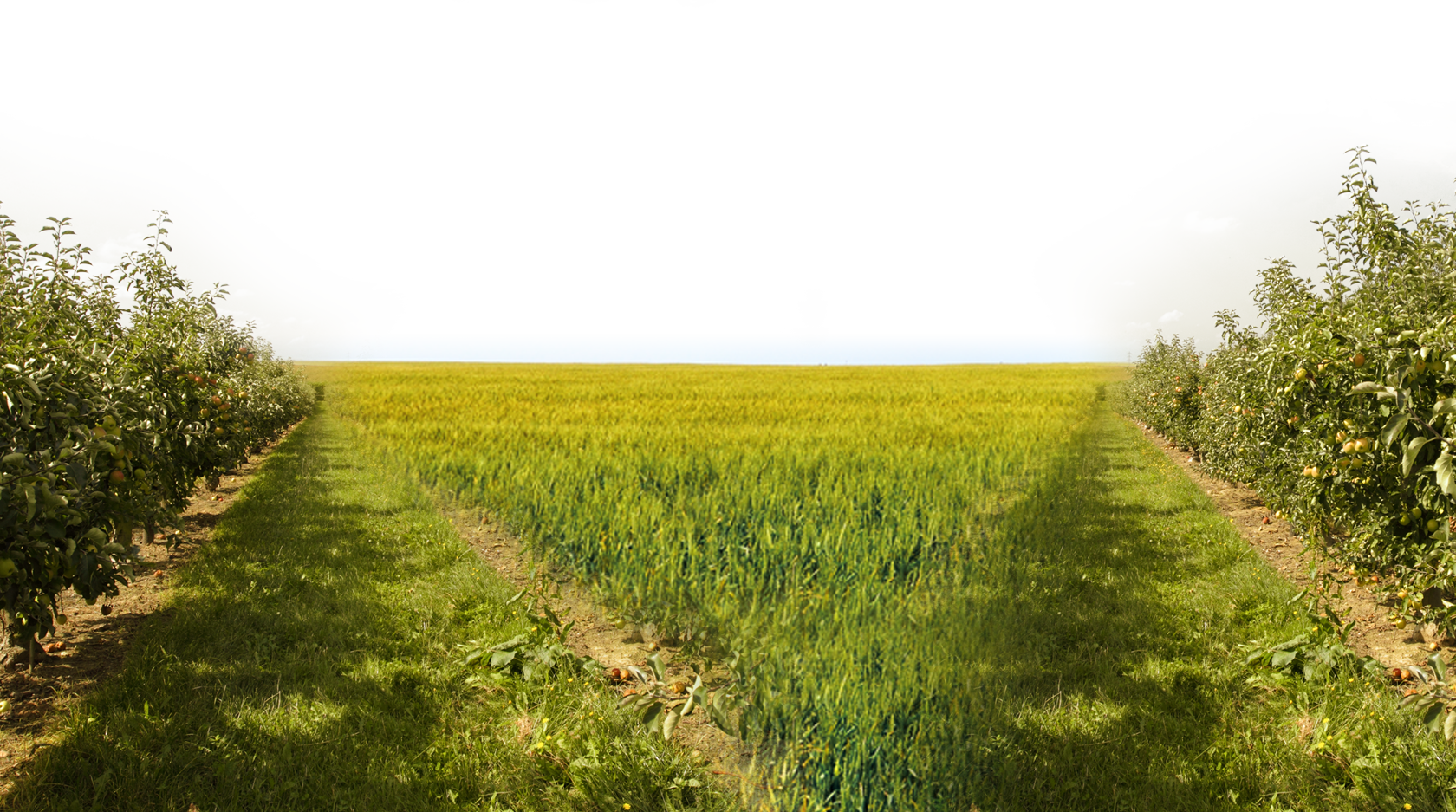
We Gotta Kick the Chemical Dependency
By Dave Carter | 0 Comments | Posted 08/02/2014
Wow, we gotta do something about chemical dependency.
I don’t mean among everyday people, I’m talking about the chemical dependency in agriculture. The seed and chemical companies have been touting stories in recent years that their new genetically-modified varieties are helping farmers reduce their use of agricultural chemicals.
But the U.S. Department of Agriculture’s latest Census of Agriculture tells a different story.
According to the Ag Census, American farmers spent $16.5 billion on chemical pesticides in 2012. That’s a 61% increase over the $10.1 billion spent on these chemicals only five years earlier.
Use of synthetic fertilizers like anhydrous ammonia jumped by 63% over those same five years, reaching $28.5 billion.
Those chemicals are being applied to protect the crops and to feed the roots of the plants that go into commercial rood production. Unfortunately, those chemicals are killing the soil in the process.
Each passing windstorm or rain shower that passes over those fields peel a little bit of the dead soil, along with the agricultural chemicals away from the land. Much of ends up in the waterways that supply our drinking water, and ultimately into the Bays and oceans around the world.
The Chesapeake Bay Program estimates that agriculture contributes 42% of the nitrogen and 58 percent of the sediment entering that bay. Runoff into the Gulf of Mexico has had such a negative impact that it has created an area off of the Mississippi Delta known as the Dead Zone.
It’s time to kick the chemical habit. Incentives to entice producers to switch to organic and other pesticide free practices is perhaps the greatest step needed to keep our land, our waterways and our food healthy for ourselves, and for the next generations.


 Contact us
Contact us



























